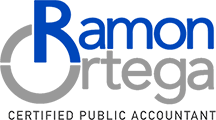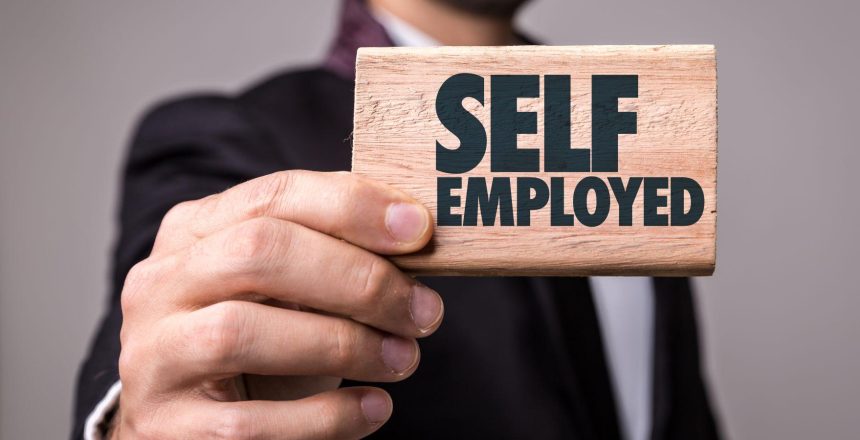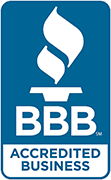Most of our clients that come to our office with back tax problems are self- employed who had success business stories but due to a bad tax structure they end up paying a lot in taxes. For one reason or another, they fall behind on their tax responsibility. With COVID-19, small businesses have been hit the hardest and despite the government stimulus bills, there are still millions of businesses teetering on the border of failure. It’s understandable that a few of them fell behind on their taxes and we’re here to help them get back on track.
Our firm specializes in tax problem resolution. We have CPAs who can represent you before the IRS. We serve clients virtually so don’t hesitate to reach out. If you want an expert tax resolution specialist who knows how to navigate the IRS maze, reach out to our firm and we’ll schedule a no-obligation confidential consultation to explain your options to permanently resolve your tax problem. Contact – Ramon Ortega CPA.
Yet despite the COVID-19 pandemic, some businesses are actually doing much better this year, which means they’re going to owe taxes. So, in this article, we want to share a few tips and strategies that can help prevent you from owing more than your fair share in taxes.
Being self-employed is great in many ways. You can enjoy the freedom and flexibility of working from where you want when you want, and you can build your own client list and keep all the profits from your hard work.
All that is great, but there is a significant downside to being self-employed, one that can take a bite out of your wallet. That means if you are self-employed, you have two jobs – delivering a quality product to your clients and minimizing your own taxable income. Here are some strategies for keeping your taxes as low as possible.
Shelter Income with a Self-Employed Retirement Account
One of the biggest perks self-employed men and women have is the chance to shelter significant sums of money through specialized retirement programs. Aimed directly at the self-employed, these retirement plans offer enormous benefits, and the chance to sharply reduce your taxable income.
Opening a SEP-IRA is one of the simplest ways to shelter your self-employment income and save for the future. The SEP-IRA works just like a traditional IRA; the main difference is that this program is designed specifically for the self-employed.
If you are willing to do a bit more work and keep a few extra records, you can shelter even more of your self-employment income with a solo 401(k). The solo 401(k) is basically the self-employment equivalent of the traditional 401(k) you are used to, but you control the money and how it is invested. Best of all, the contribution limits for solo 401(k) plans are even higher than those for traditional 401(k) plans, and maxing out could sharply reduce your tax bill when filing season arrives.
Contribute to a Health Savings Account If You Can
One of the biggest challenges self-employed individuals face is how to pay for health care. The price of privately purchased health insurance plans can be quite high, and that can make affordability a real issue.
One way to save money is by purchasing a high deductible healthcare plan, and many self-employed people choose that option. If you do purchase such a plan, you may be able to reduce your taxes with a health savings account, or HSA.
To be eligible for a health savings account, you must have a qualified high deductible health plan in place. Medicare recipients are not eligible for health savings accounts, but you can contribute pre-tax money and enjoy tax-deferred growth all the way out to age 65.
Push Payments into the Following Year
Compared to their traditionally employed peers, the self-employed have a great deal of control over their income and how they are paid. This control can extend to when you receive payment for services rendered, so consider deferring those end of year payments to reduce your current year taxes.
If your clients are willing to go along and the timing is right for you, deferring payments until the next calendar year is one more way to reduce your taxable income. You will need to settle up with the IRS eventually of course, but this strategy can work well if you expect next year’s income to be significantly lower than the current year.
Shift Investment Income into Tax Sheltered Accounts
If you earn investment income as well as self-employment income, shifting those funds into tax sheltered accounts could lower your taxes and let you keep more of what you earn.
Keeping income generating investments like bond funds and dividend paying stocks in your IRA, for instance, is a good way to reduce your taxable income. This strategy will not work if you need the extra income now, but if you can live without it you can save money on your taxes.
Working for yourself can be great, but it can also be quite taxing. If you want to cut the high cost of self-employment while still enjoying the freedom and flexibility, the tips listed above can give you the best of both worlds.
OWE BACK TAXES?
If you’re going to owe money to the IRS after filing your return that you won’t be able to pay, it’s important to note that only experienced firms like ours are able to handle tax debt cases since negotiating with the IRS requires specialized skills that often fall outside of the scope of most conventional accounting, tax, and tax law firms.




